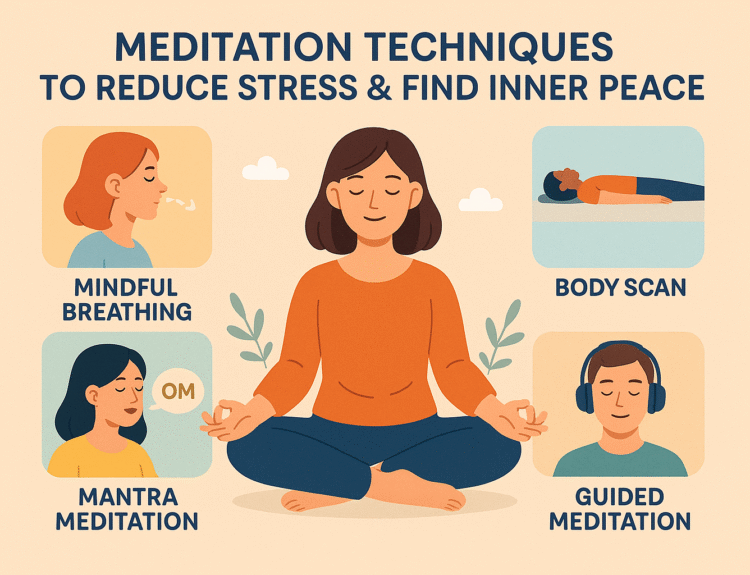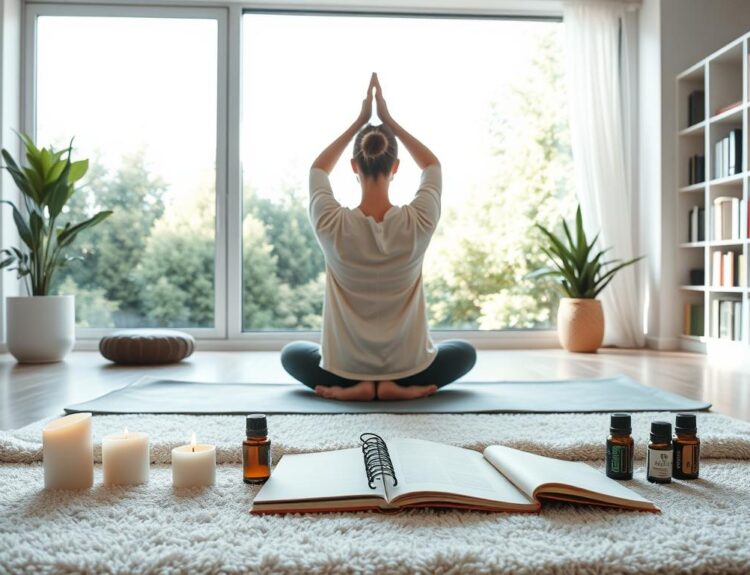Getting a good night’s sleep is just as crucial for your health as regular exercise and a balanced diet. Poor sleep can negatively impact your mood, energy levels, and even long-term health. Fortunately, research-backed strategies can help improve sleep quality. Here are 15 proven tips to help you sleep better at night.
1. Stick to a Consistent Sleep Schedule
Going to bed and waking up at the same time every day—even on weekends—helps regulate your body’s internal clock (circadian rhythm), making it easier to fall asleep and wake up naturally.
2. Limit Blue Light Exposure Before Bed
Blue light from phones, computers, and TVs suppresses melatonin, the sleep hormone. Avoid screens 1-2 hours before bed or use blue light-blocking glasses.
3. Avoid Caffeine Late in the Day
Caffeine can stay in your system for 6-8 hours. Avoid coffee, tea, and energy drinks at least 6 hours before bedtime.
4. Optimize Your Bedroom Environment
Keep your bedroom cool (65°F/18°C), dark, and quiet. Use blackout curtains, earplugs, or a white noise machine if needed.
5. Exercise Regularly—But Not Before Bed
Daily physical activity improves sleep, but intense workouts close to bedtime can be stimulating. Aim to finish exercise at least 3 hours before sleep.
6. Manage Stress & Relax Before Bed
Practices like meditation, deep breathing, or reading can calm your mind. A pre-sleep routine signals your body it’s time to wind down.
7. Avoid Heavy Meals & Alcohol Before Bed
Large meals and alcohol can disrupt sleep. If hungry, opt for a light snack like almonds or a banana.
8. Limit Daytime Naps
Long or late naps can interfere with nighttime sleep. If needed, keep naps under 20 minutes and before 3 PM.
9. Get Sunlight Exposure During the Day
Natural light helps regulate your sleep-wake cycle. Spend at least 30 minutes outside in the morning.
10. Try Melatonin or Sleep-Supporting Supplements
Melatonin (0.5–5 mg) can help adjust sleep cycles. Other options include magnesium, valerian root, or chamomile tea.
11. Reduce Liquid Intake Before Bed
Minimize drinks 1-2 hours before sleep to avoid nighttime bathroom trips.
12. Invest in a Comfortable Mattress & Bedding
A medium-firm mattress and breathable bedding (like linen or wool) enhance comfort and reduce back pain.
13. Avoid Clock-Watching at Night
Checking the time can increase anxiety. Turn your clock away or cover it if you wake up.
14. Reserve Your Bed for Sleep & Intimacy Only
Avoid working or watching TV in bed to strengthen the mental association between bed and sleep.
15. Seek Professional Help if Needed
If sleep problems persist, consult a doctor to rule out conditions like sleep apnea or insomnia.
Final Thoughts
Improving sleep quality takes consistency, but small changes can make a big difference. Try these 15 science-backed tips to enjoy deeper, more restful sleep every night.
Share this content:








